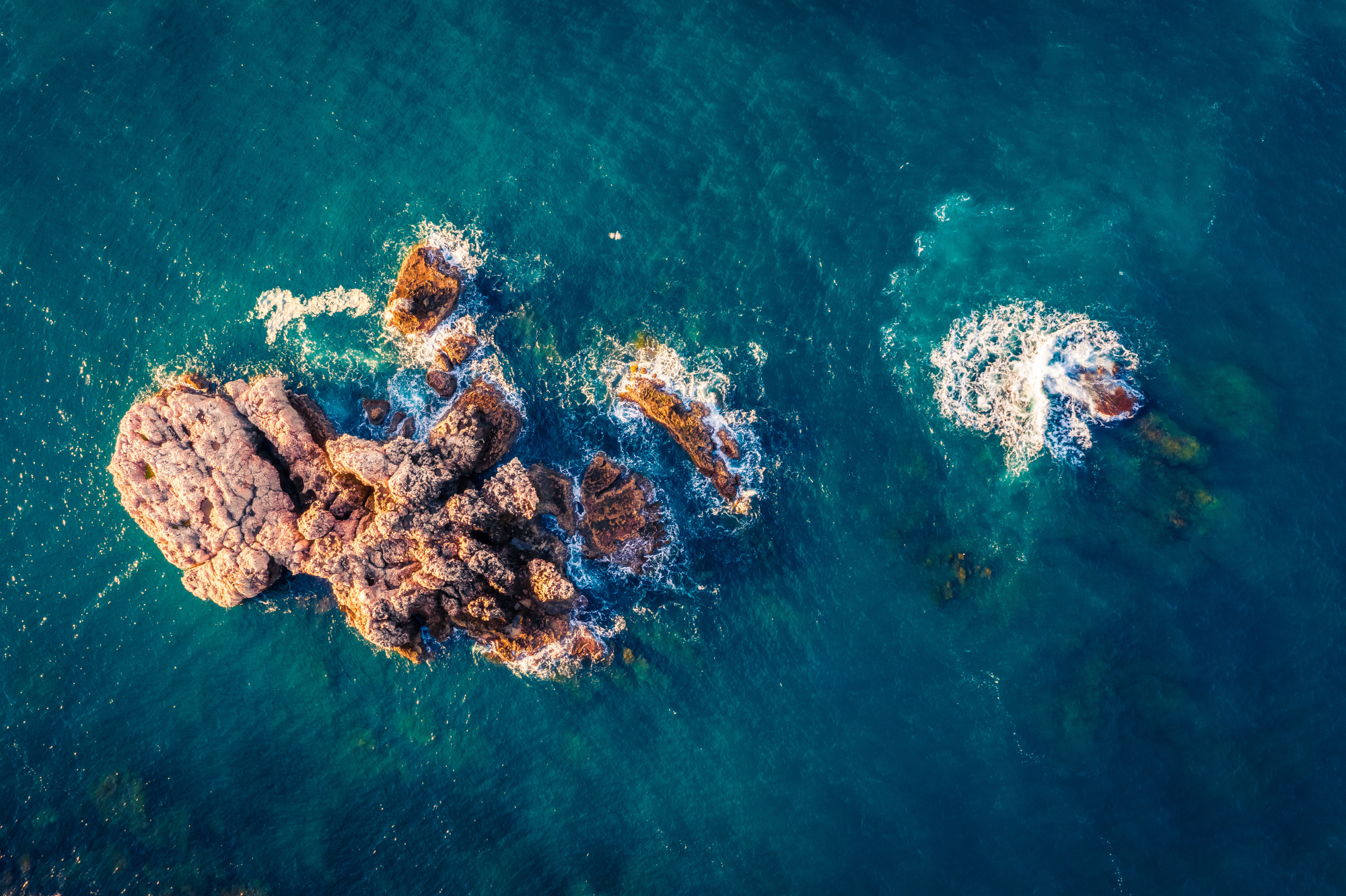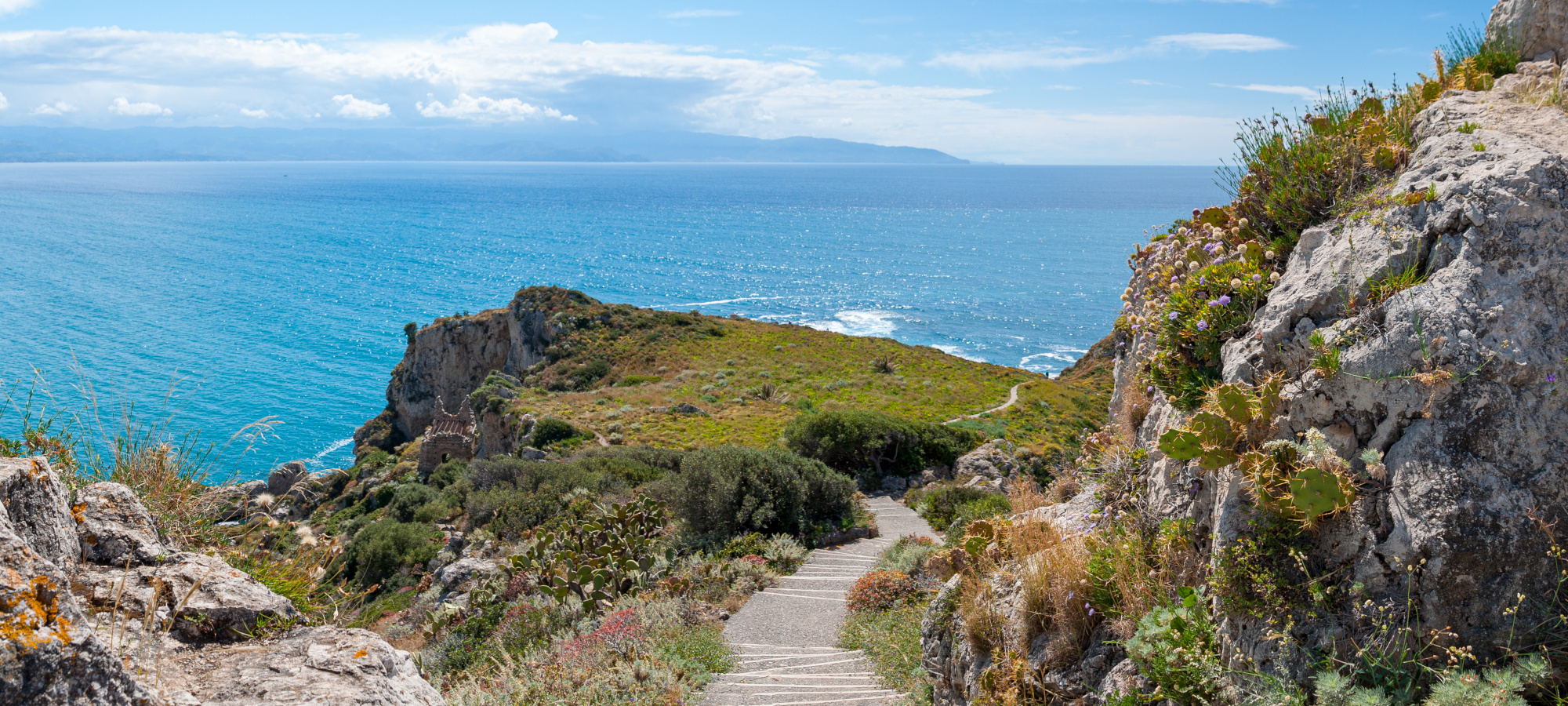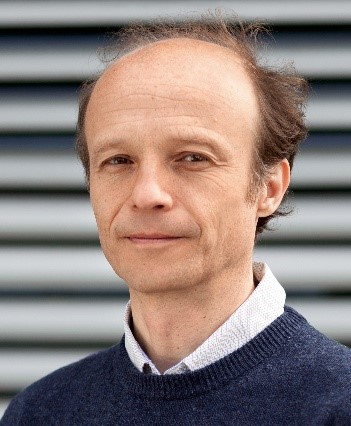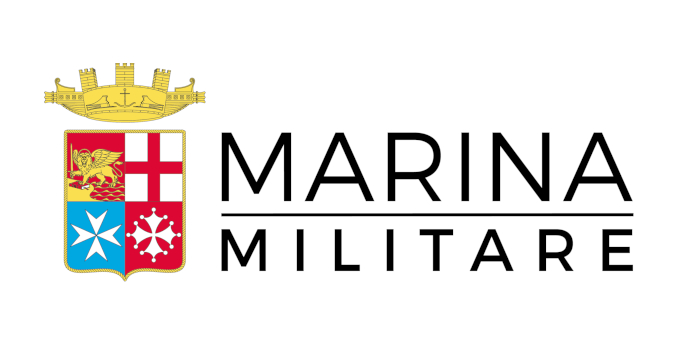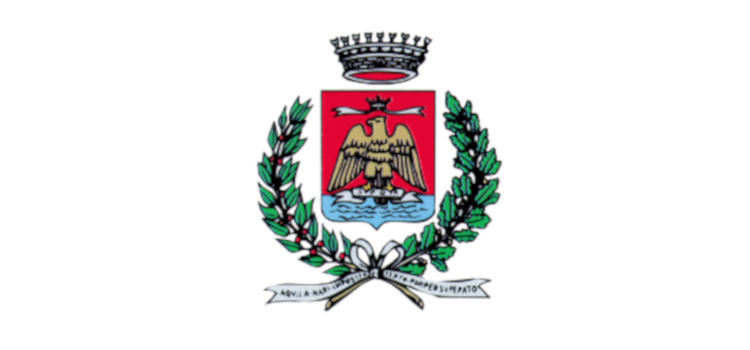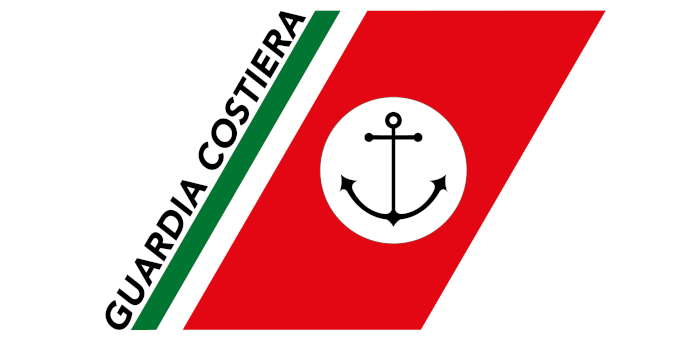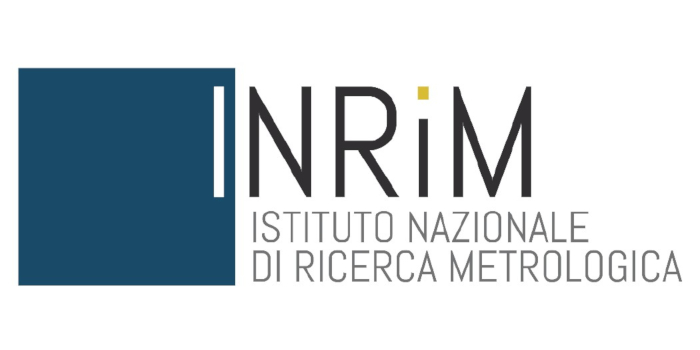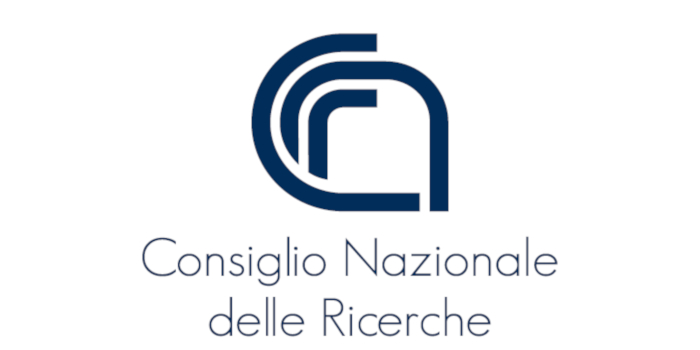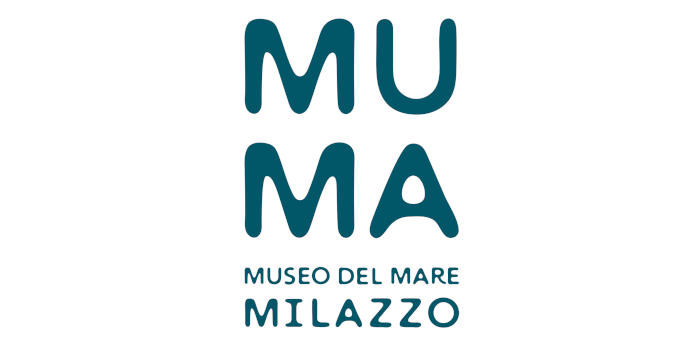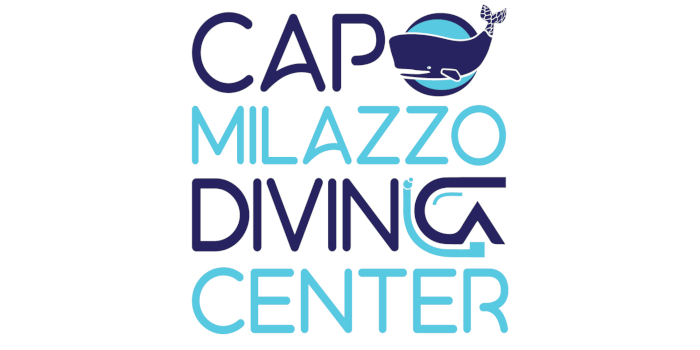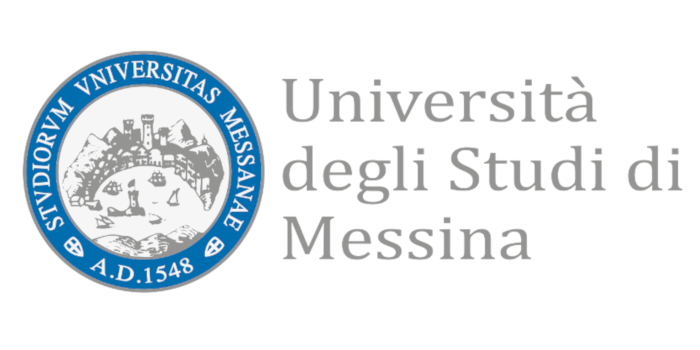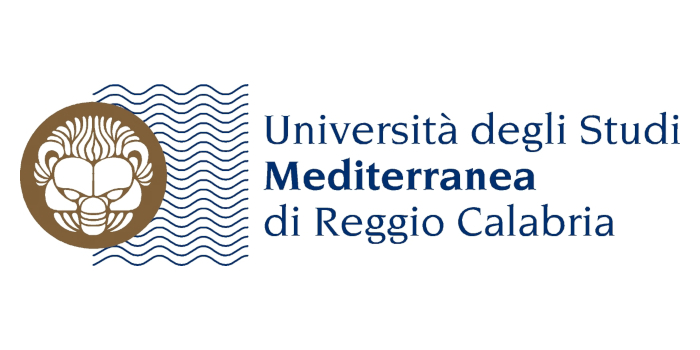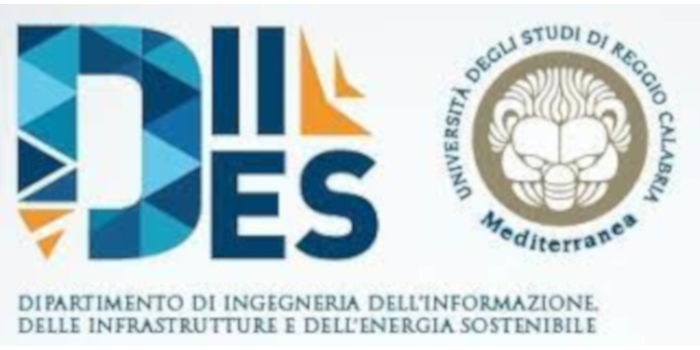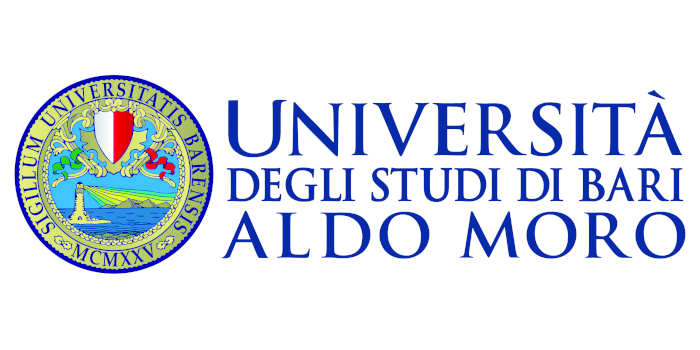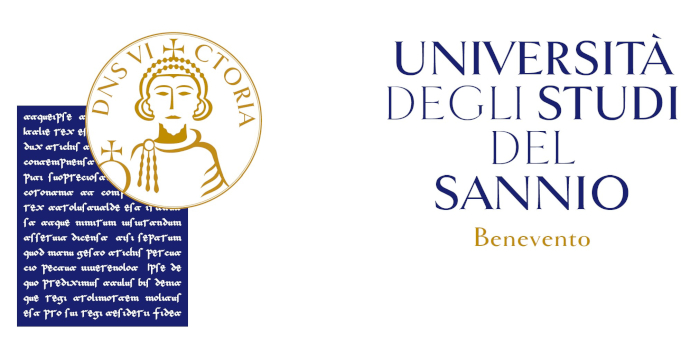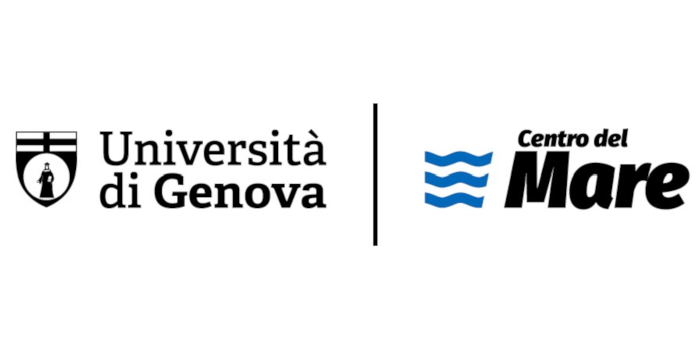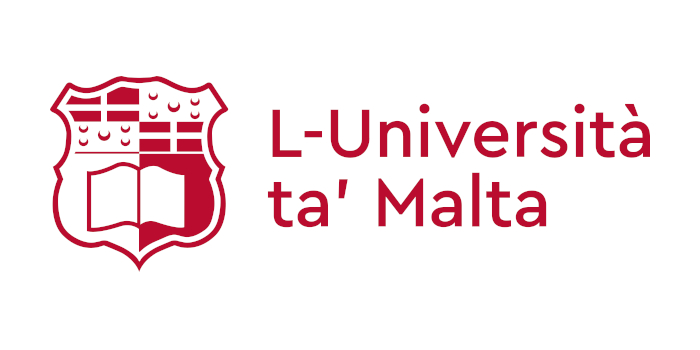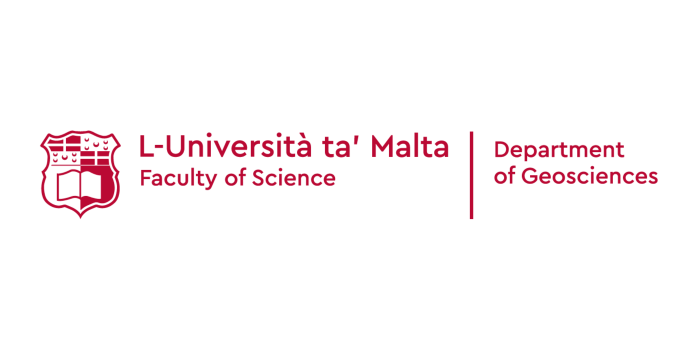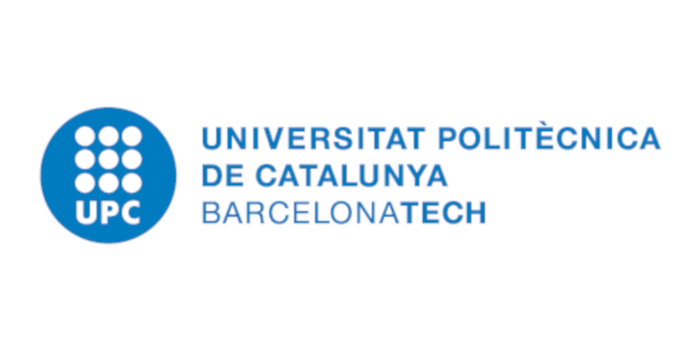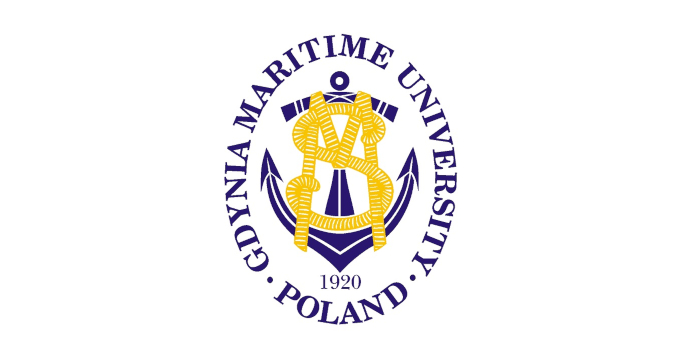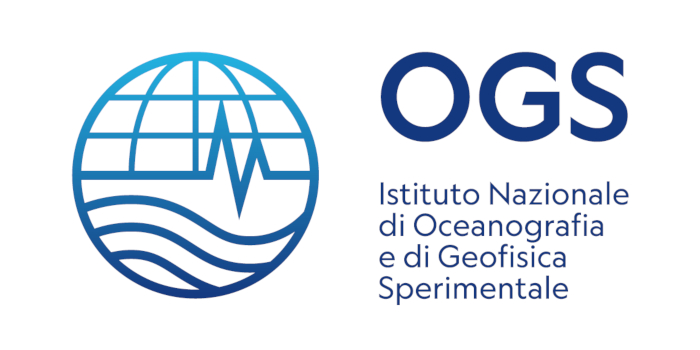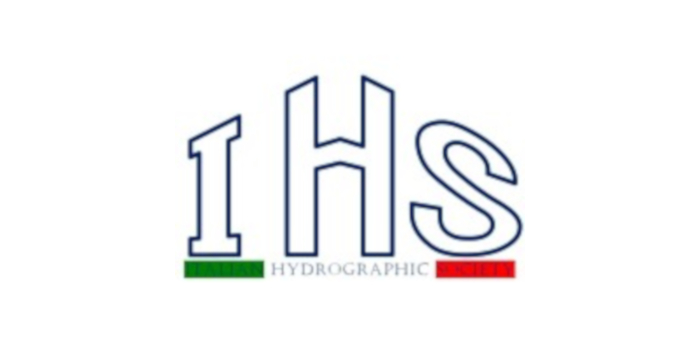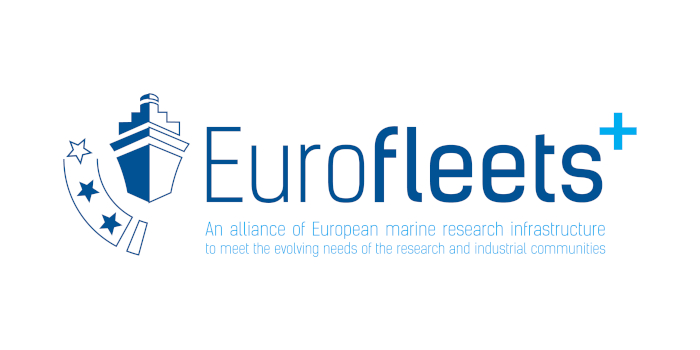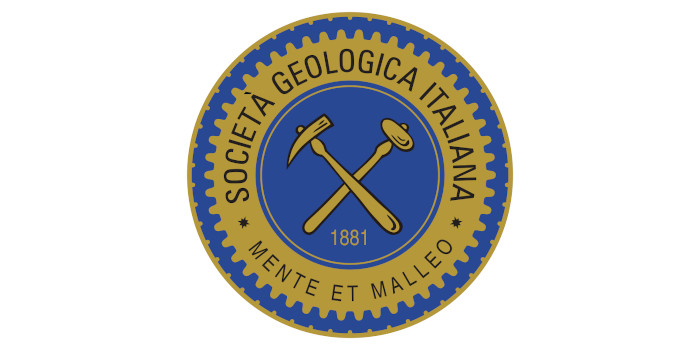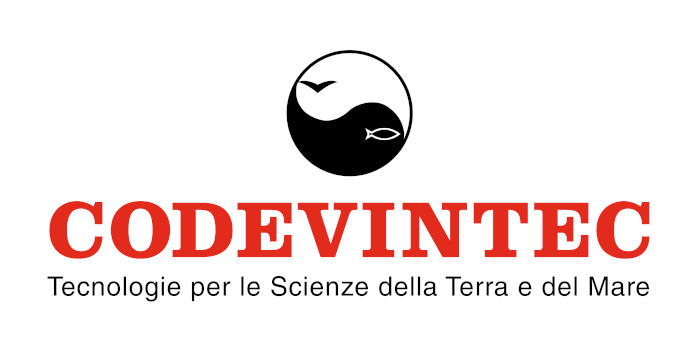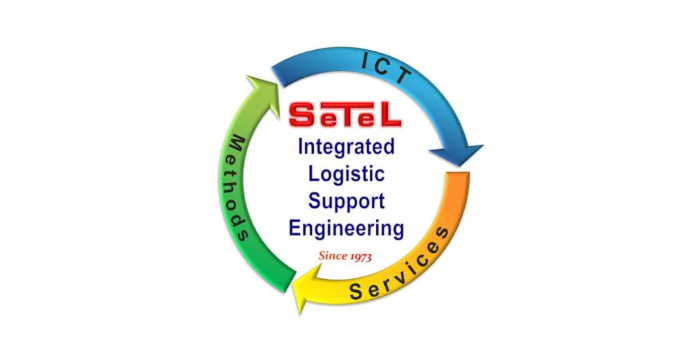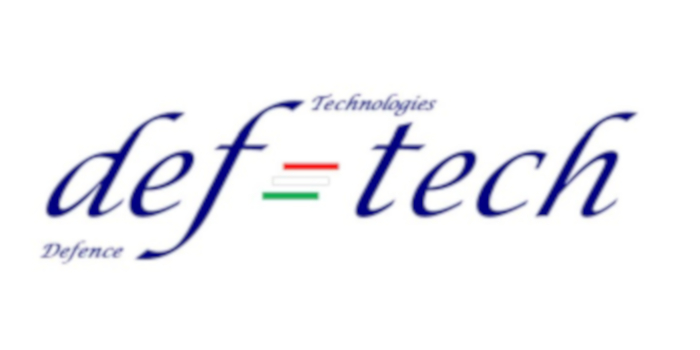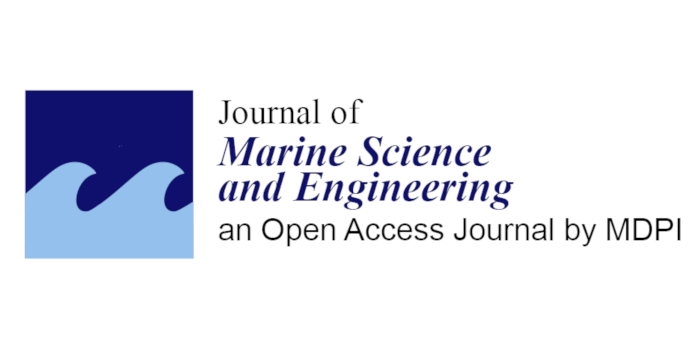Observations of vessels and human actions at Port of Koper approach
Franc Dimc
Faculty of Maritime Studies and Transport
University of Ljubljana, Slovenia
ABSTRACT
Two types of measurements examples from recent research at our institution not only illustrate, but also provide an incentive for collaboration in these areas. Speed and orientation of ships during docking: Docking an ultra-large vessel is further complicated when vessels must be dispatched in a dredged channel with limited depth, are subject to strong crosswinds, or must manoeuvre in a strong current, or all the above. The final approach manoeuvre and accurate positioning are particularly difficult at container terminals because many STS cranes are located along the quay, greatly limiting the margin for error when berthing a vessel, especially when the cranes are located at the far edge of the pier. To avoid collisions, the final manoeuvre (side-push) is controlled entirely by two lasers so that the orientation of the ship, which must be parallel to the quay, maintains the minimum lateral approach speed without causing significant longitudinal displacement. Marine Pilot Workload: Groups of experienced pilots and trainees with one year of sea service are exposed to the same simulated port approach task. Through repetitions of the experimental task, participants gain experience correlated with biometric responses, e.g., electrodermal activity, heart rate and its derivative, blood volume pressure. The analysis shows that the biometric measures of the less experienced participants typically differ from those of the experienced participants who were intensely engaged in the task, even though it lasted only 12 minutes. The study also sheds light on the stress process, which includes disturbing factors such as accidentally cutting the tow rope or an engine failure during the task.
SPEAKER BIO
Franc Dimc is a lecturer and researcher at the Faculty of Maritime Studies and Transport at the University of Ljubljana. He obtained his BSc, MSc, and PhD degrees at the same university, but at the Faculty of Electrical Engineering. As a young researcher, he gained confidence in research activity in a group of open-minded chemists and physicists at the Jožef Stefan Institute and acquired knowledge in materials science. In the Applied Alloy Chemistry Group at the University of Birmingham, United Kingdom (four months in 1995 and 1996), he deepened his knowledge of the characterization of HDDR-processed magnetic materials and improved the control of their magnetometer. As part of his doctoral work as a faculty assistant, he worked with archaeologists on the precise positioning of geophysical instruments with integrated navigation sensors. During the stay (Sep 2009 - Aug 2010) at the European Commission's Joint Research Centre in Ispra, Italy, he contributed to maritime security by analysing the cyclostationary satellite phone signals. As head of the Laboratory of Electrical Engineering and Automation, he attracts students to improve their skills through laboratory work. His research interests relate to the requirements for intelligent marine and coastal transportation systems. He has been a member of IEEE for 19 years and is mainly active in the Intelligent Transportation Systems Society and the Slovenian Section. He is a member of the International Programme and Organising Committee of the Baška GNSS Conference (Baška, Krk Island, Croatia) and a member of the Royal Institute of Navigation.
